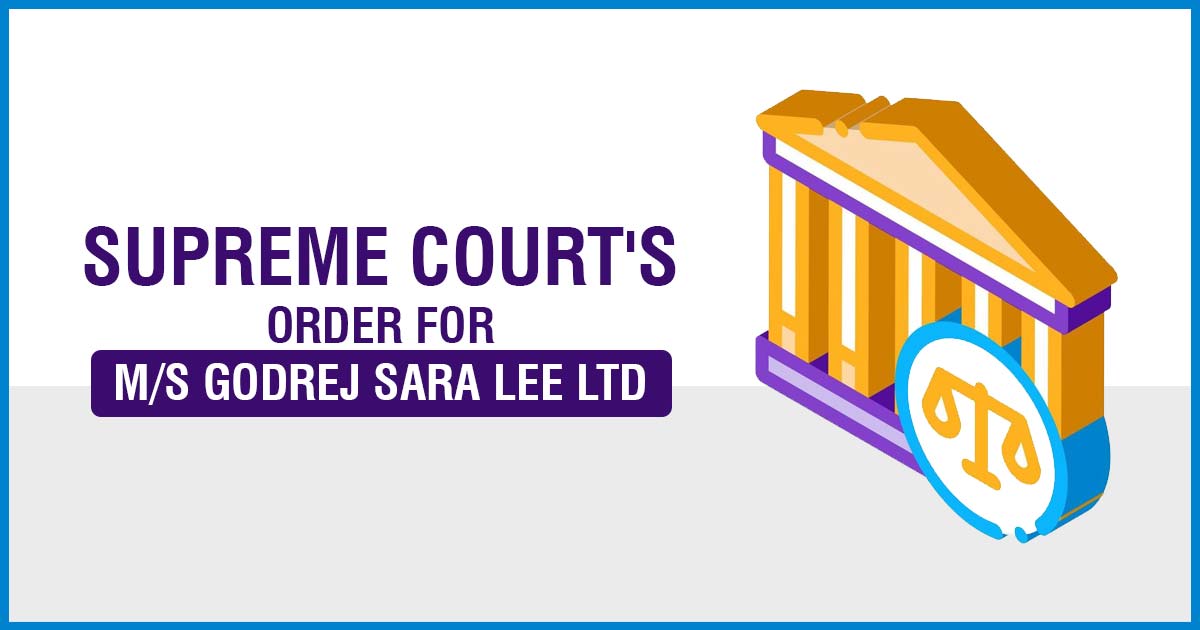
The Supreme Court has stated that judgments taken by higher authorities should be followed in order to prevent complete anarchy in the administration of tax legislation. It was stated that failure to abide by the rulings of higher authorities would also result in excessive harassment of assessees.
The Bench of Justice S. Ravindra Bhat and Justice Dipankar Datta obeyed, “Unless the discipline of adhering to decisions made by the higher authorities is maintained, there would be utter chaos in administration of tax laws apart from undue harassment to assessees”,
The case of the High court of Punjab and Haryana refused the writ petition on the basis of maintainability, limiting the petitioner’s legal options to a section 33 appeal under the Haryana Value Added Tax Act, 2003. The writ petitioner had questioned whether the Deputy Excise and Taxation Commissioner (ST)-cum-Revisional Authority had the authority to reopen proceedings in the course of exercising the suo motu revisional power granted by section 34 of the VAT Act.
Under the brand names “Good Knight” and “Hit,” the writ petitioner (assessee) manufactures, markets, and sells home pesticide products. The Assessing Authority had given notice when the petitioner submitted its returns for the assessment years 2003–2004 and 2004–2005 as to whether increased tax obligation should not be imposed on it in light of the reclassification of the products under the tax legislation. The authorities approved the reduced rate of tax returns after speaking with the assessee. The Revisional Authority then requested the assessee’s assessment documents and decided that it should pay a higher rate of tax. The assessee went to the High Court to contest the Revisional Authority’s right to issue a show-cause notice.
Before the High Court, the writ petitioner argued that the Revisional Authority could not have used its suo moto revisional power. The petitioner presented a jurisdictional issue, which is a purely legal question, and the Apex Court emphasized that it should have been evaluated on its own merits rather than being dismissed at the threshold. It noted that the High Court’s decision to reject the petition on the presumption in Titagarh Paper Mills v. Orissa State Electricity Board and Anr. was immaterial. Supreme court stated:
“The High Court by dismissing the writ petition committed a manifest error of law for which the order under challenge is unsustainable. The same is, accordingly, set aside.”
The Supreme Court observed that the Assessing Authority had cited the Tax Tribunal’s verdict, which had gained finality while issuing orders for accepting a reduced rate of tax. It was noted that
“Once the issue stands finally concluded, the decision binds the State, a fortiori, the Revisional Authority. The decision of the Tribunal may not be acceptable to the Revisional Authority, but that cannot furnish any ground to such authority to perceive that it is either not bound by the same or that it need not be followed.”
| Case Title | M/s Godrej Sara Lee Ltd Vs the Excise and Taxation Officer |
| Appeal No | 5393 OF 2010 |
| Supreme Court | Read Order |